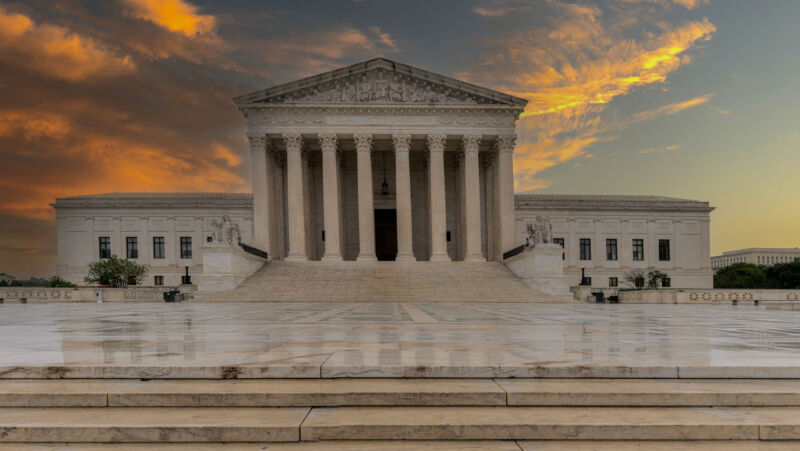Public officials can block haters—but only sometimes, SCOTUS rules

There are some circumstances where government officials are allowed to block people from commenting on their social media pages, the Supreme Court ruled Friday.
According to the Supreme Court, the key question is whether officials are speaking as private individuals or on behalf of the state when posting online. Issuing two opinions, the Supreme Court declined to set a clear standard for when personal social media use constitutes state speech, leaving each unique case to be decided by lower courts.
Instead, SCOTUS provided a test for courts to decide first if someone is or isn’t speaking on behalf of the state on their social media pages, and then if they actually have authority to act on what they post online.
The ruling suggests that government officials can block people from commenting on personal social media pages where they discuss official business when that speech cannot be attributed to the state and merely reflects personal remarks. This means that blocking is acceptable when the official has no authority to speak for the state or exercise that authority when speaking on their page.
That authority empowering officials to speak for the state could be granted by a written law. It could also be granted informally if officials have long used social media to speak on behalf of the state to the point where their power to do so is considered “well-settled,” one SCOTUS ruling said.
SCOTUS broke it down like this: An official might be viewed as speaking for the state if the social media page is managed by the official’s office, if a city employee posts on their behalf to their personal page, or if the page is handed down from one official to another when terms in office end.
Posting on a personal page might also be considered speaking for the state if the information shared has not already been shared elsewhere.
Examples of officials clearly speaking on behalf of the state include a mayor holding a city council meeting online or an official using their personal page as an official channel for comments on proposed regulations.
Because SCOTUS did not set a clear standard, officials risk liability when blocking followers on so-called “mixed use” social media pages, SCOTUS cautioned. That liability could be diminished by keeping personal pages entirely separate or by posting a disclaimer stating that posts represent only officials’ personal views and not efforts to speak on behalf of the state. But any official using a personal page to make official comments could expose themselves to liability, even with a disclaimer.
SCOTUS test for when blocking is OK
These clarifications came in two SCOTUS opinions addressing conflicting outcomes in two separate complaints about officials in California and Michigan who blocked followers heavily criticizing them on Facebook and X. The lower courts’ decisions have been vacated, and courts must now apply the Supreme Court’s test to issue new decisions in each case.
One opinion was brief and unsigned, discussing a case where California parents sued school district board members who blocked them from commenting on public Twitter pages used for campaigning and discussing board issues. The board members claimed they blocked their followers after the parents left dozens and sometimes hundreds of the same exact comments on tweets.
In the second—which was unanimous, with no dissenting opinions—Justice Amy Coney Barrett responded at length to a case from a Facebook user named Kevin Lindke. This opinion provides varied guidance that courts can apply when considering whether blocking is appropriate or violating constituents’ First Amendment rights.
Lindke was blocked by a Michigan city manager, James Freed, after leaving comments criticizing the city’s response to COVID-19 on a page that Freed created as a college student sometime before 2008. Among these comments, Lindke called the city’s pandemic response “abysmal” and told Freed that “the city deserves better.” On a post showing Freed picking up a takeout order, Lindke complained that residents were “suffering,” while Freed ate at expensive restaurants.
After Freed hit 5,000 followers, he converted the page to reflect his public figure status. But while he primarily still used the page for personal posts about his family and always managed the page himself, the page went into murkier territory when he also shared updates about his job as city manager. Those updates included sharing updates on city efforts, posting screenshots of city press releases, and soliciting public feedback, like sharing links to city surveys.
https://arstechnica.com/?p=2010572